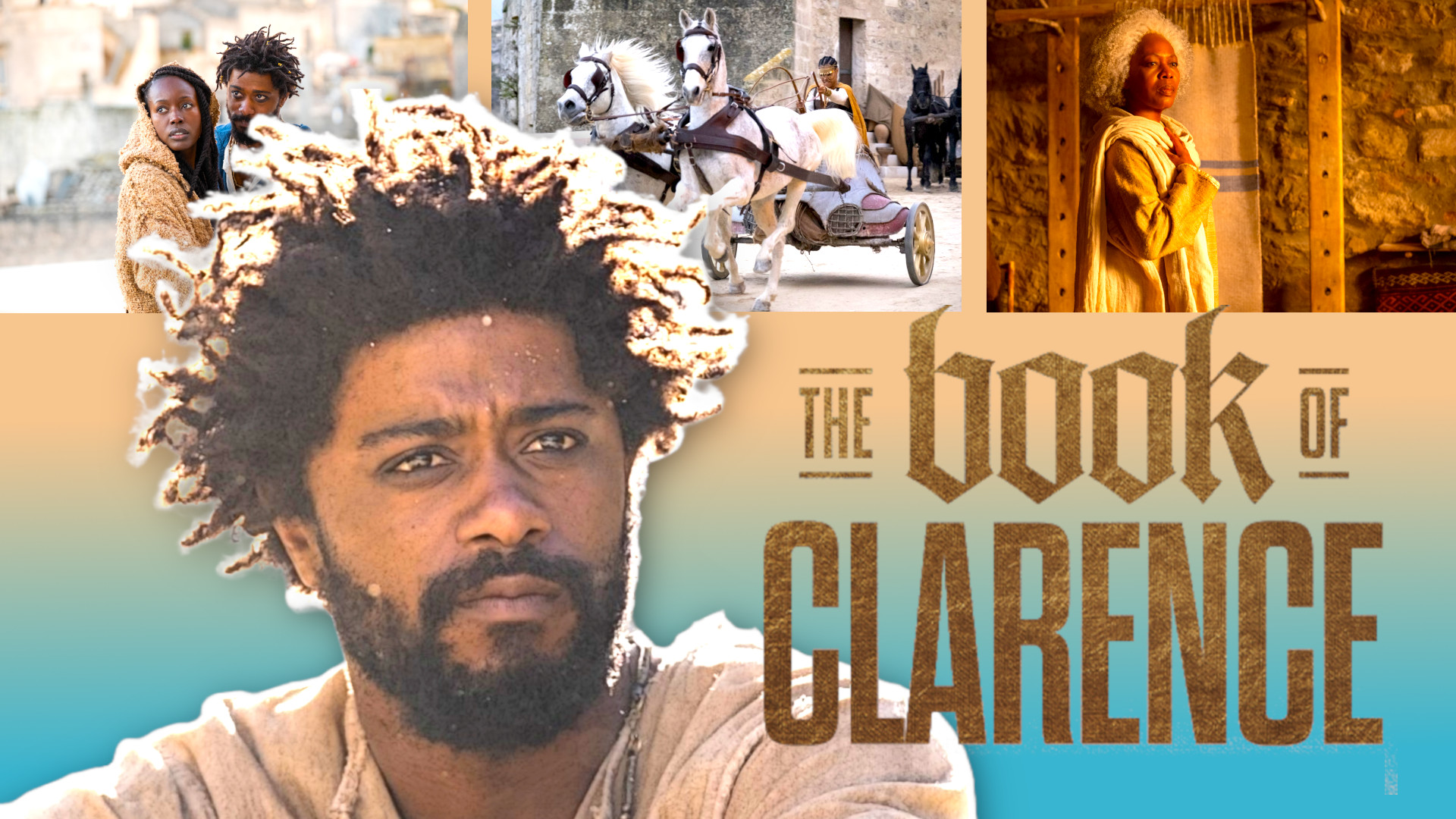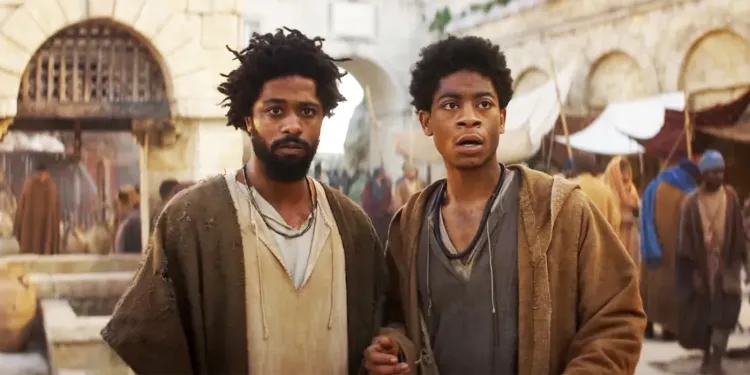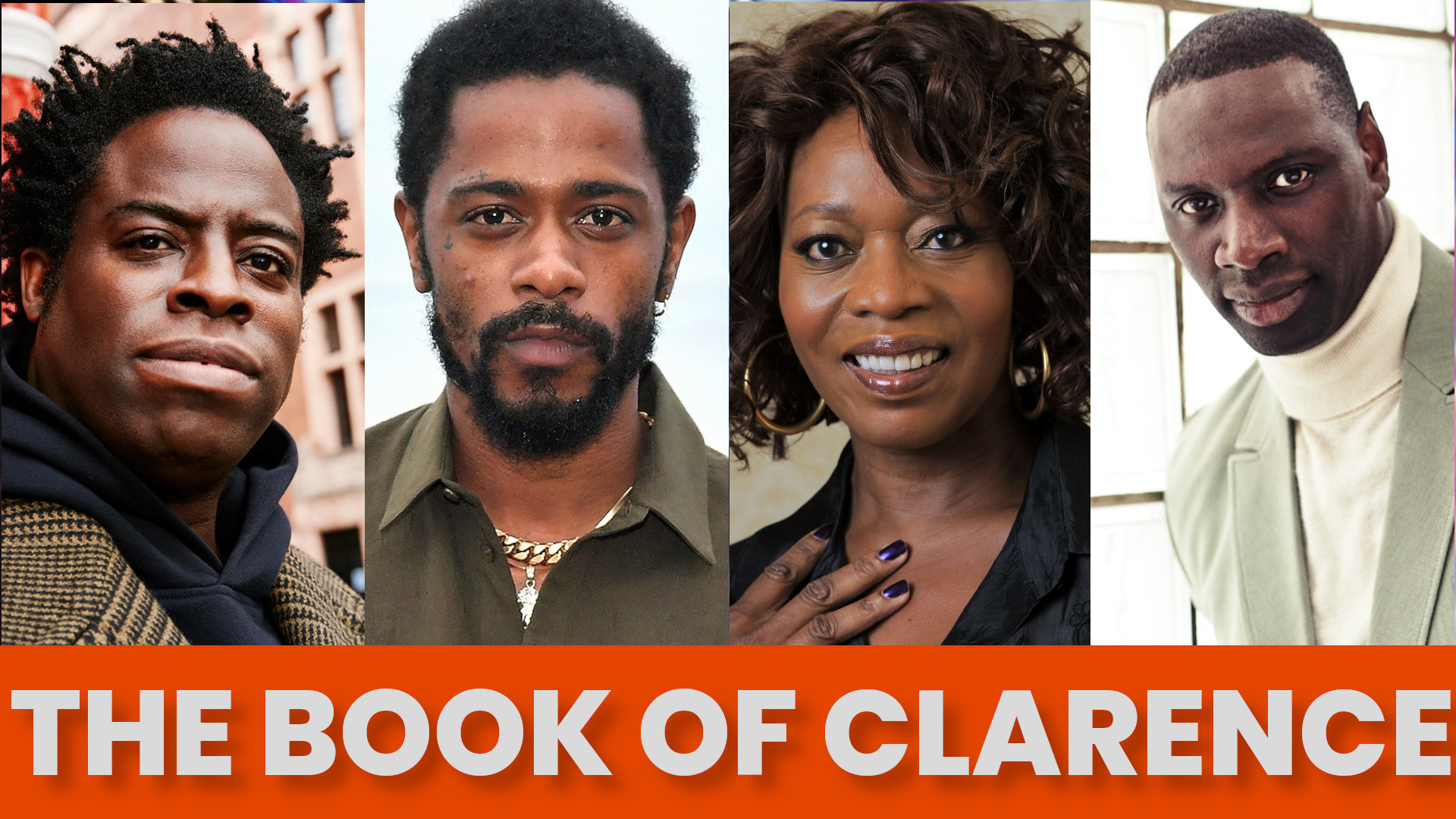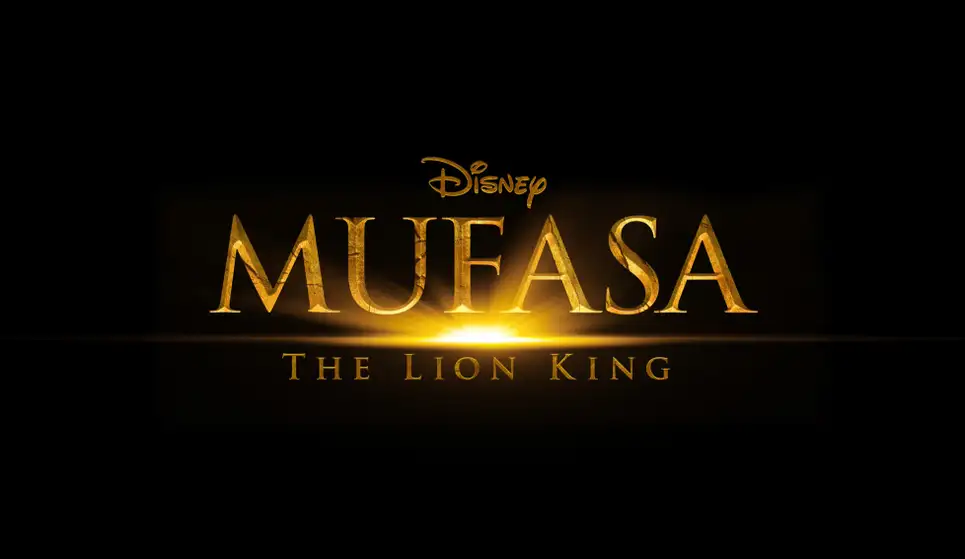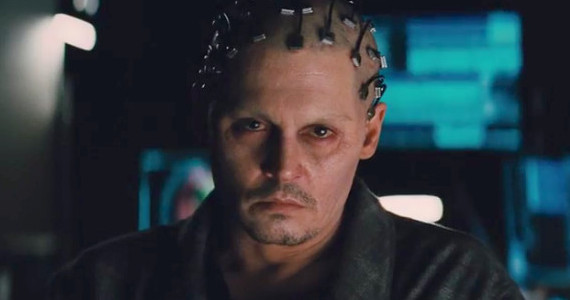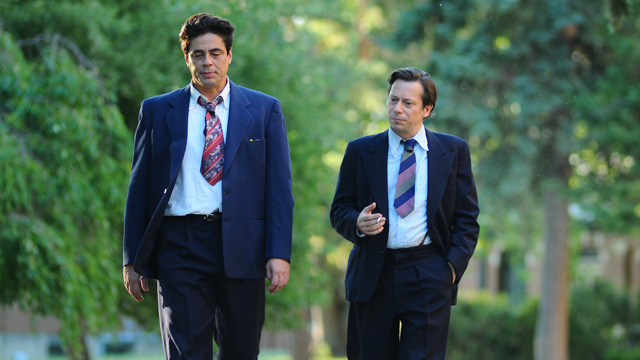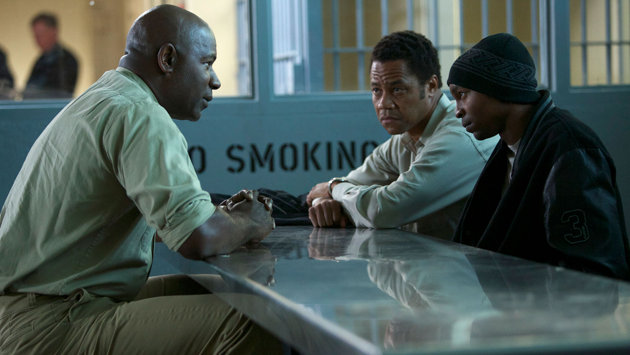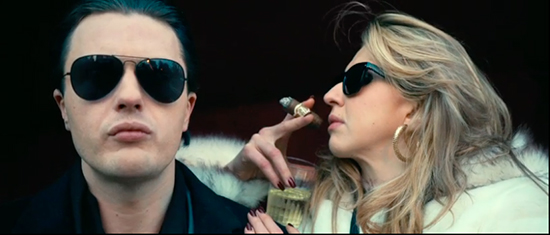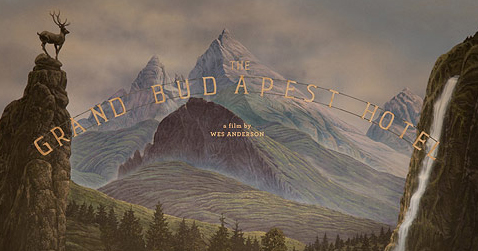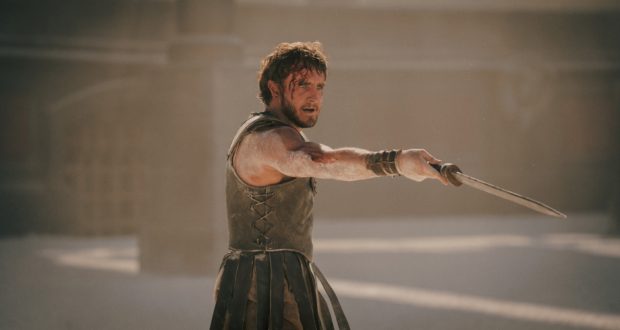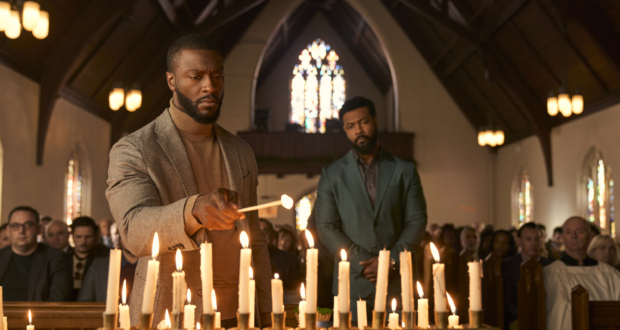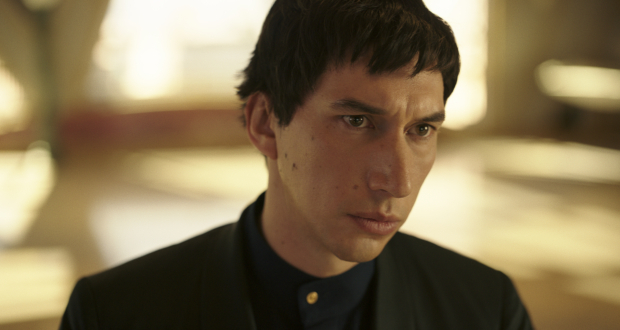
Screenplay: John Ridley
Director: Steve McQueen
Starring: Chiwetel Ejiofor, Michael Fassbender, Paul Giamatti, Brad Pitt, Alfre Woodard, Michael K. Williams, Sarah Paulson, Benedict Cumberbatch
The third feature film from director Steve McQueen, 12 Years A Slave starring brilliant Brit Chiwetel Ejiofor, and teamed with a really impressive all-round cast, looks to be an interesting adaptation of Solomon Northup’s real-life story. The trailer is an eye-opening insight into a cruel and unjust history, but without showing just too much of the story.
[springboard type=”video” id=”758145″ player=”tmbg001″ width=”599″ height=”336″ ]
TWELVE YEARS A SLAVE is based on an incredible true story of one man’s fight for survival and freedom. In the pre-Civil War United States, Solomon Northup (Chiwetel Ejiofor), a free black man from upstate New York, is abducted and sold into slavery. Facing cruelty (personified by a malevolent slave owner, portrayed by Michael Fassbender), as well as unexpected kindnesses, Solomon struggles not only to stay alive, but to retain his dignity. In the twelfth year of his unforgettable odyssey, Solomon’s chance meeting with a Canadian abolitionist (Brad Pitt) will forever alter his life.
Source: Fox Searchlight Pictures
